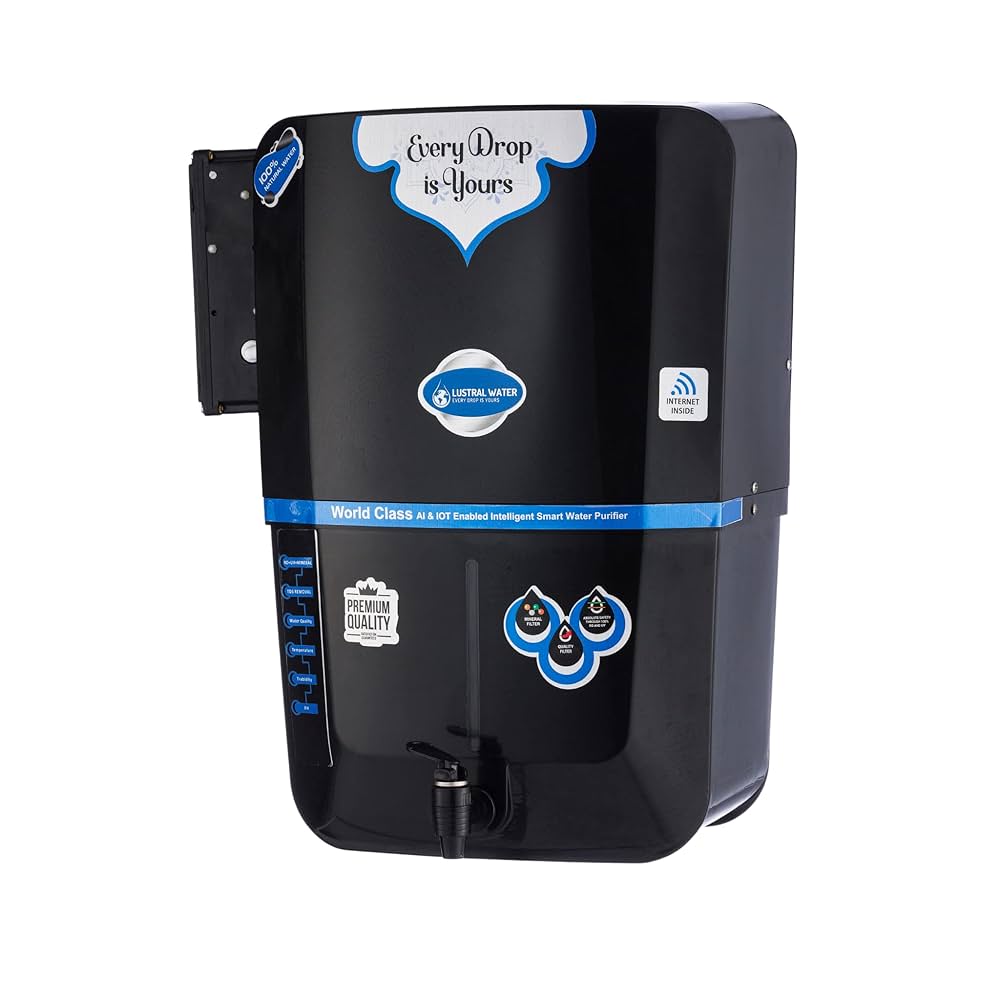The Future of Smart Water Filtration Systems
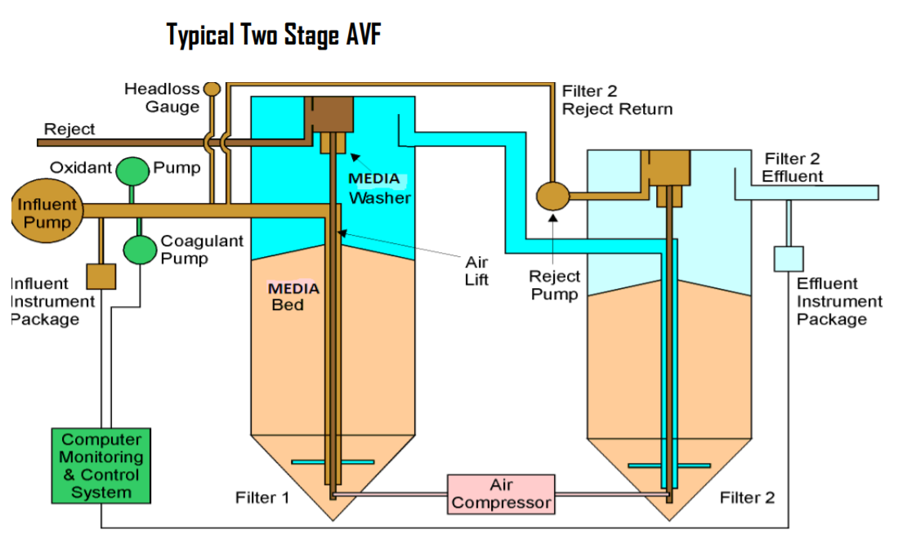
Water filtration technology is evolving rapidly, driven by the need for cleaner, safer, and more sustainable water solutions. Smart water filtration systems represent the next frontier in this evolution, integrating advanced technologies to optimize water purification processes. This article explores the key trends, benefits, and innovations shaping the future of smart water filtration.
What Are Smart Water Filtration Systems?
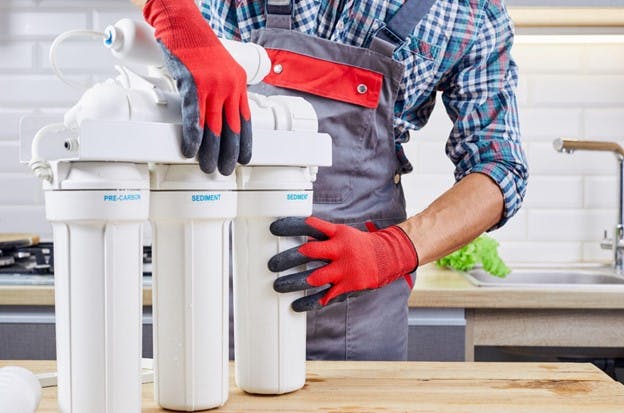
Smart water filtration systems use sensors, IoT (Internet of Things) connectivity, and AI (Artificial Intelligence) to monitor and manage water quality in real-time. Unlike traditional filters, these systems can adapt to changing water conditions, predict maintenance needs, and provide users with detailed insights through mobile apps or cloud platforms.
Key Features Driving the Future
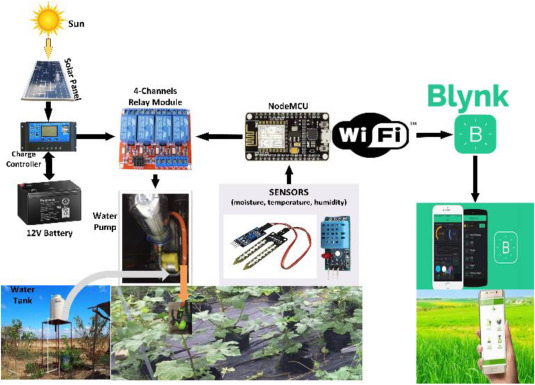
| Feature | Description |
|---|---|
| Real-Time Water Quality Monitoring | Sensors detect contaminants, pH levels, and turbidity instantly, ensuring optimal filtration. |
| AI-Powered Predictive Maintenance | AI algorithms analyze usage patterns to predict filter replacements and system issues before they occur. |
| Remote Control and Alerts | Users receive notifications and can adjust settings remotely via smartphone apps. |
| Energy Efficiency | Smart systems optimize power consumption based on usage, reducing environmental impact. |
| Integration with Smart Home Systems | Seamless connectivity with other smart devices for holistic home water management. |
Benefits of Smart Water Filtration Systems
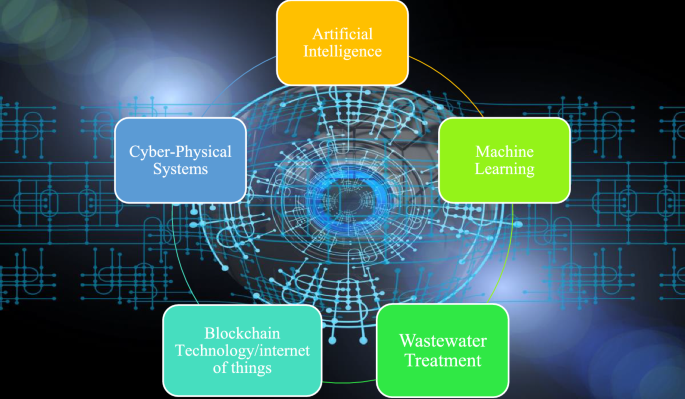
- Enhanced Water Quality: Continuous monitoring ensures contaminants are effectively removed.
- Cost Savings: Predictive maintenance reduces unexpected repair costs and extends filter life.
- Convenience: Remote management and automated alerts simplify system upkeep.
- Sustainability: Energy-efficient operation and optimized filter usage minimize waste.
Innovations on the Horizon
- Advanced Nanomaterials: New filtration membranes using nanotechnology promise higher efficiency and durability.
- Self-Cleaning Filters: Systems that automatically clean themselves to maintain performance without manual intervention.
- Blockchain for Water Quality Data: Secure, transparent tracking of water quality data to build trust and compliance.
- Personalized Filtration Profiles: AI customization based on individual household water usage and local water quality.
Frequently Asked Questions (FAQ)
Q1: How do smart water filtration systems differ from traditional ones?
A1: They incorporate sensors and AI to monitor water quality in real-time and automate maintenance, unlike traditional filters that require manual checks and replacements.
Q2: Are smart water filtration systems expensive?
A2: While initial costs may be higher, long-term savings from efficient operation and reduced maintenance often offset the investment.
Q3: Can these systems connect to other smart home devices?
A3: Yes, many smart water filtration systems integrate with home automation platforms for seamless control.
Q4: What maintenance is required?
A4: Maintenance is minimized through predictive alerts, but periodic filter replacements are still necessary.
Smart water filtration systems are set to revolutionize how we manage water quality at home and in industries. By leveraging cutting-edge technology, they offer a future where clean water is more accessible, sustainable, and tailored to individual needs.
